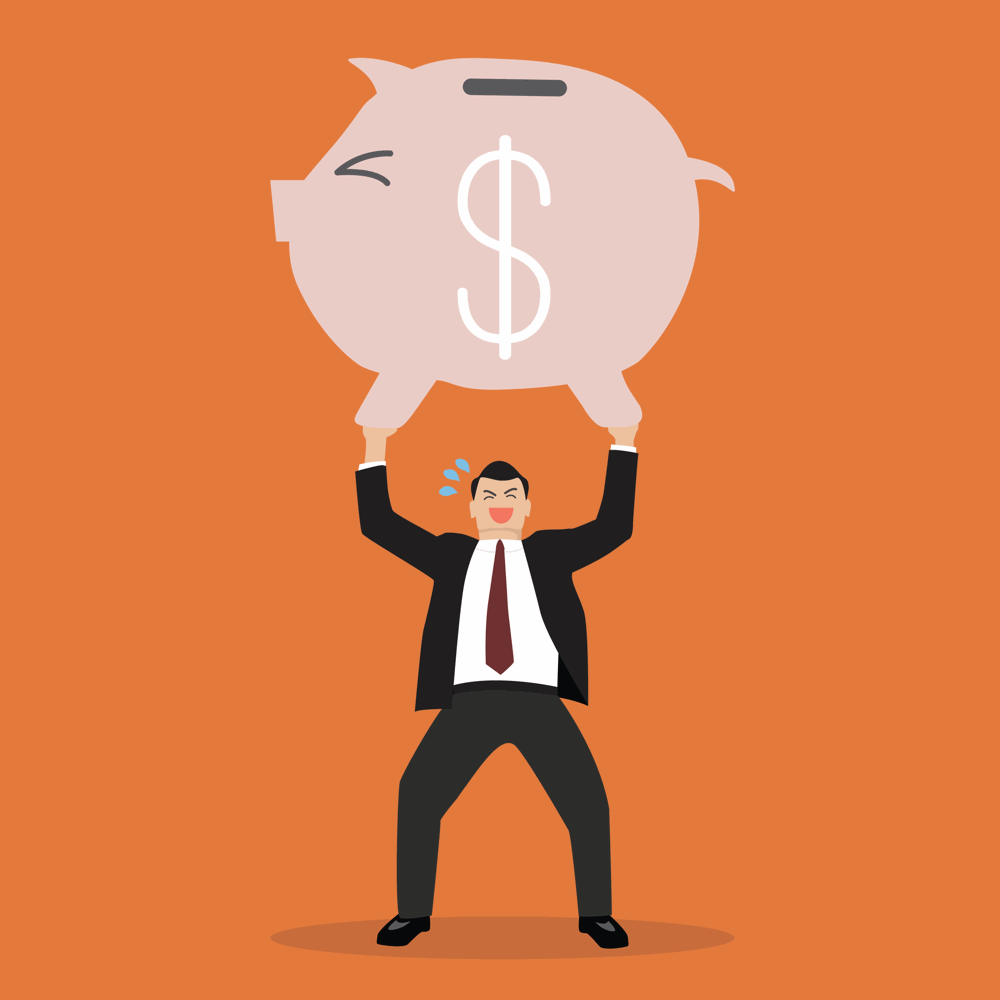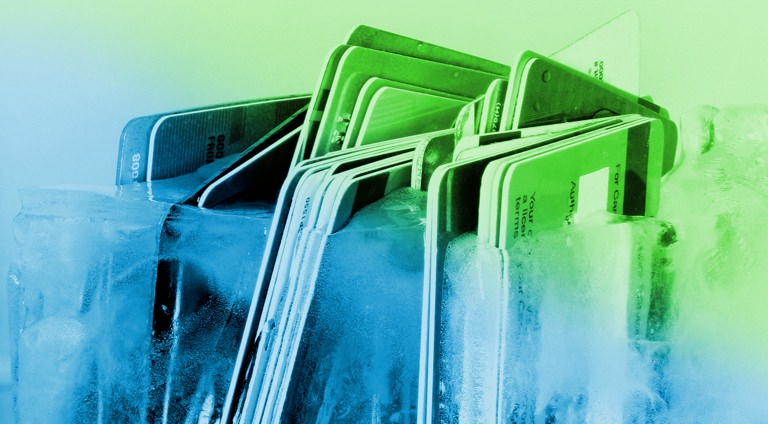You're an adult. You're making money. You've got a job, maybe own a house or a car—perhaps you're even saving for retirement—you're doing everything right but deep down, you know you could be better at managing your money. It begs the question, why do so many of us feel like we don't have a handle on our finances? "It's an intimidating topic because we have no idea where to start, and it's hard to talk about money because it's such a taboo topic," says finance expert Kristin Wong, author of Get Money. "It's hard to learn about something when no one talks about it openly."
And it's easy to let the things you don't fully understand intimidate you, so make it a priority to learn about your options, set obtainable goals to get your money matters under control. Wong suggests asking yourself why you want to be better with your money. Do you want more freedom to buy clothes? Travel more? Move into a bigger place? "It's important to frame your relationship with money this way," she recently told the New York Times. "Because otherwise it's just a chore." So now that you're ready to mange your money like a pro, here is a simple checklist to get your finances working for you.
You won't be fully prepared to tackle your finances if you're not 100% clear on what's coming into your bank account and, more importantly, what's going out. Programs like Mint or apps like YNAB will track your expenses and deposits, helping you stay within your budget and set up actionable plans to achieving such specific goals as paying off that high APR credit card.
Our Pick: The 50/30/20 plan, which is budgeting 50 percent of income for necessities, 30 percent for luxuries or wants, and then 20 percent back into savings or paying off debt.
Prepare for Unbudgeted Expenses
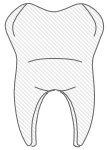

There is a lot you can plan for in terms of your spending, but somehow, someway, there are always unforeseen costs that creep up, right? Someone's wedding, a birthday or a last-minute trip. A dentist visit or car repair that results in a $900 bill. Make sure that you're either setting some money aside (in a savings or separate account) for such unexpected payouts or keep one credit card with a zero dollar balance waiting for such emergencies. That way, you can charge the amount and take a month or two to pay it down without incurring much interest.
Automate Your Savings
One of the easiest ways to ensure you're adequately saving is to set it up to remove any chance of skipping out on your duty to put away funds. Automated deposits are easy and effective because they take money directly from your paycheck and put it into a savings account. You can also use a service or an app like Digit or Qaptial to make saving a painless endeavor. These handy apps analyze your spending and automatically deduct small amounts from your account to help you save little by little.
Consider
Using Cash
Typically, we spend less when paying cash. "It's been shown that we spend 12-18 percent more when we use plastic versus cash because it doesn't have that same emotional connection for us," says Danny Kofke, a financial advisor and educator. In fact, one study found that people were willing to pay twice as much for an item of unknown market value when they paid with a credit card versus with cash.
Audit Your
Subscriptions
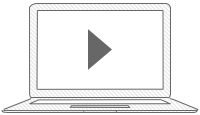

In the age of paperless billing and automatic renewals, it's easier than ever to lose track of what you're paying for versus what you're actually using. Take a little time to reevaluate your media consumption. Track your watching habits on streaming services. Look through your bank statement and see which subscriptions aren't worth the price and cancel them. Why pay for things you're not using? After all, if you end up missing them, you can always resubscribe.
Boost Your Savings Account
Don't simply stash all of your money in an account at your local bank with its rather paltry 0.03% interest rate. Shop around for an online savings account that can pay up to 2.5 percent. At the time of publication, online banks like Ally (1.90%), Simple (2.02%), and Vio Bank (2.11%) can make your savings grow much faster than your standard brick-and-mortar bank account.
Start
Today, Not Tomorrow
Who cares why you haven't been on top of your finances until now? The important thing is that you're ready to start managing your money and there's no reason to put it off another day. That's the thing about interest-baring accounts. The sooner you start, the more money you'll earn. It's like planting a tree. You'll have to wait a bit to see some progress, but as Warren Buffett once famously said, "Someone's sitting in the shade today because someone planted a tree a long time ago."
Set Financial
Calendar Reminders
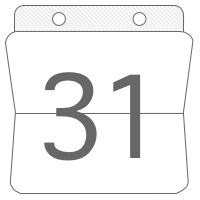

Don't rely on your memory (or guilt) to remind you to check in on your progress. Set a handful of calendar reminders now for the times you plan to check in on your savings goals, retirement account, longterm emergency savings or your kid's college fund, for example. Maybe it's once a month, once a quarter or every six months. These future appointments with yourself will hold you accountable, keep you on track and also help you assess whether it's time to boost any contributions.

How to Curb Casual Spending
Picking up a bagel in the morning or a juice after the gym can eventually leave you wondering, "Where did my money go?" One idea to curb this slow drip of dollars throughout the day comes from the Personal Finance thread on Reddit: the Zero Dollar Day, where you don't spend any money, all day. "As a bonus, by forcing yourself to forego the pack of gum, Diet Coke and whatnot on your $0 days, you wind up cutting these things out naturally on the other days," writes the author.
